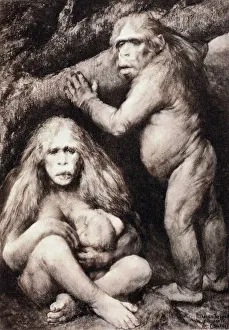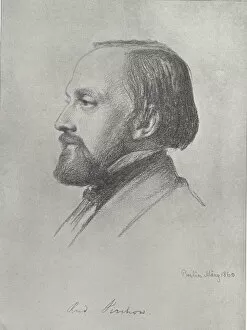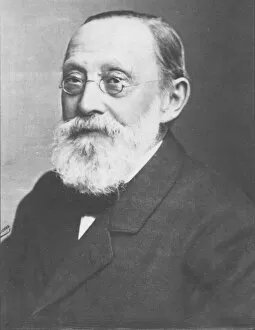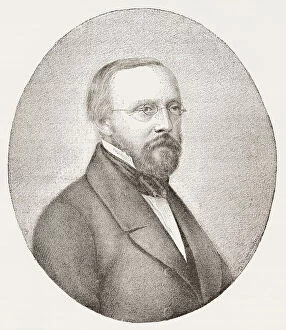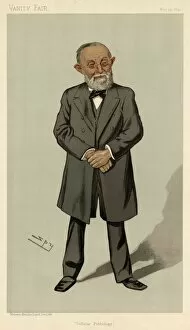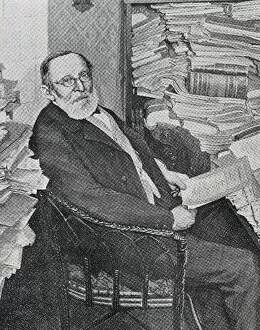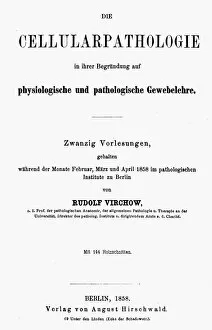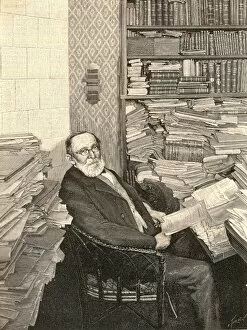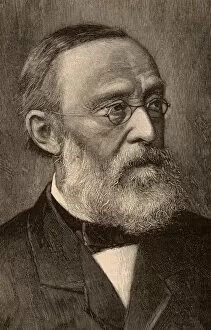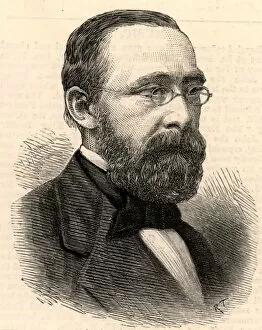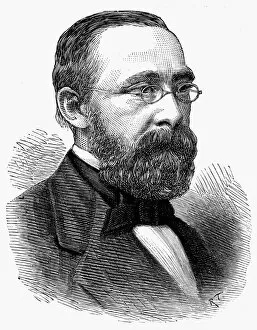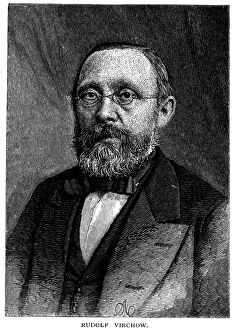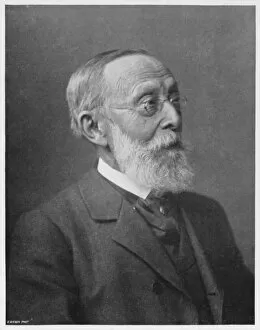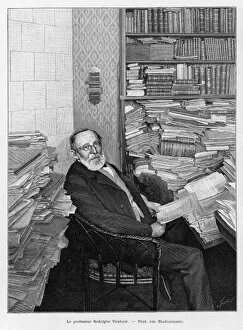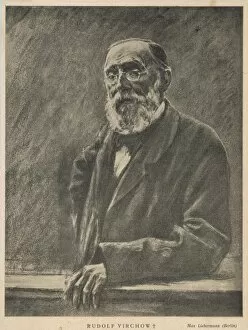Virchow Collection
"Rudolf Virchow: A Pioneer in Pathology and Anthropology" Step back to the year 1894, when Ernst Haeckel discovered the Pithecanthropus ape man crop
For sale as Licensed Images
Choose your image, Select your licence and Download the media
"Rudolf Virchow: A Pioneer in Pathology and Anthropology" Step back to the year 1894, when Ernst Haeckel discovered the Pithecanthropus ape man crop. Little did he know that this finding would intertwine with the life of Rudolf Ludwig Karl Virchow, a prominent figure in the field of medicine, not only a renowned German pathologist but also an intriguing spy. His lithograph captures his enigmatic persona, leaving us curious about his covert activities. In c1893, another portrait showcases his intellectual prowess and dedication to advancing medical knowledge. Born in 1821, Virchow's contributions were far-reaching. He revolutionized cell pathology and became its founder through meticulous research and groundbreaking discoveries. The title-page of his seminal work "Die Cellularpathologie" from 1858 stands as a testament to his expertise and influence. In addition to his medical achievements, Virchow delved into anthropology, studying human evolution alongside figures like Haeckel. This multidisciplinary approach solidified him as a true visionary ahead of his time. As we gaze upon C Schutte's artistic representation from 1902, we can't help but admire this remarkable doctor who left an indelible mark on both medicine and anthropology. Rudolph Carl Virchow's legacy lives on as an inspiration for future generations striving to unravel the mysteries of our cellular world while embracing diverse fields of study.

